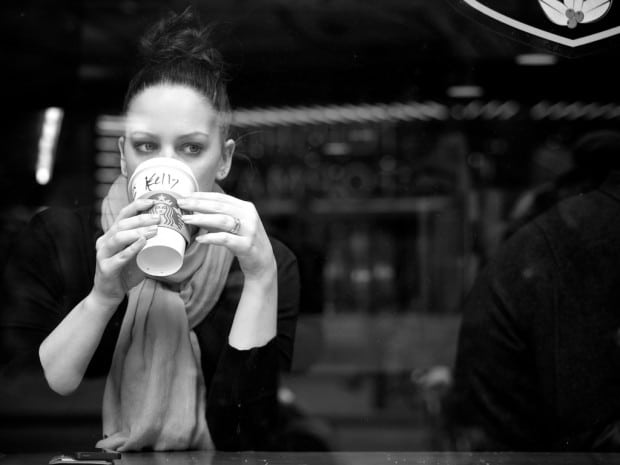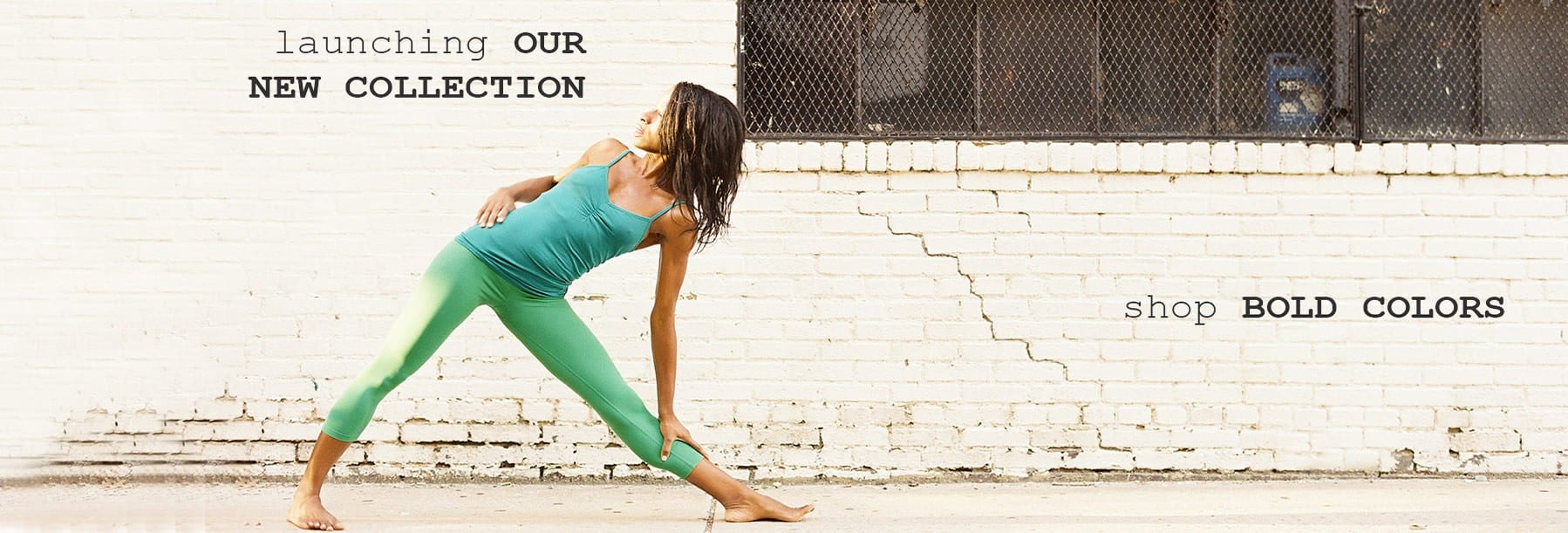
Jen Pastiloff is the founder of The Manifest-Station. Join her in Tuscany for her annual Manifestation Retreat. Click the Tuscan hills above. No yoga experience required. Only requirement: Just be a human being. Sep 17-24, 2016. Email info@jenniferpastiloff.com to book or with questions. 5 spots left as of Jan 27, 2016.
Welcome to Dear Life: An Unconventional Advice Column.
Your questions get sent to various authors from around the world to answer (and please keep sending because I have like 567 writers that want to answer your burning questions. Click here to submit a letter or email dearlife@jenniferpastiloff.com.) Different writers offer their input when it comes to navigating through life’s messiness. We are “making messy okay.” Today’s letter is answered by my friend the ultra-prolfic and talented Jordan Rosenfeld. Read and share and comment and get one of Jordan’s books and send us your questions because there loads of crazy authors waiting to answer ’em. Just kidding, they aren’t crazy.
Well okay, maybe a little. Aren’t we all? xo, Jen Pastiloff, Crazy Beauty Hunter.
Dear Life,
Disclaimer:
My problems are minuscule in the grand scheme of things; my life is pretty awesome and I’ve got all of the tools that I need to be successful. Sure, I’ve had my fair share of major challenges and struggles, but I’ve come out of each and every one stronger, smarter, wiser, and older than my real age. My soul is old.
I moved to NYC after graduating from college in Oklahoma to pursue my dreams (what were they, again?) I completed the internship that I’d been dreaming of for a couple of years and felt like the world was mine…every other minute.
Eventually though, I was poor, cried almost every day because I was so stressed about money, fought thoughts of regret about moving away from home, and needed a job. I worked part time at kind of grueling jobs, and now I’m on the temp-track…working at amazing places around the city but unsatisfied and unsettled. Still eeking by to pay the rent every month and still wondering if this is the right place for me to be.
Yes, I love New York. And yes, I know that I am experiencing a kind of life that many people my age will never get to experience. I am lucky. Why am I complaining?
When do I stop trying this? When do I give up and move home? When do I throw in the towel?
I want to help others. I want people to see that kindness can change the world. I want to walk the earth and take people with me. I want to experience new cultures and share my experiences with those who cannot. But are these dreams so out of this world that I need to bring it down a notch? Am I out of my league, here? And I should just cool my jets and be patient?
One minute I’m loving life and the next I’m thinking “FUCK THIS SHIT!” as I walk to my apartment in the snow, groceries in hand and hood blowing back. One minute I’m proud of myself for making it here and the next I’m like…SHIT, IM ALMOST 24! WHAT AM I DOING WITH MY LIFE?!
So, I’m trying to manifest the job that I want but I don’t know what exactly that is. It’s taking a little too long and I don’t know when to give up. Because at some point…don’t I have to? Isn’t there a limit on trying? I know that people reading this will think “NO! GO FOR IT, GIRL! DON’T EVER GIVE UP!” But when my pockets are empty it isn’t that easy.
Thanks, Gurus.
Almost 24








